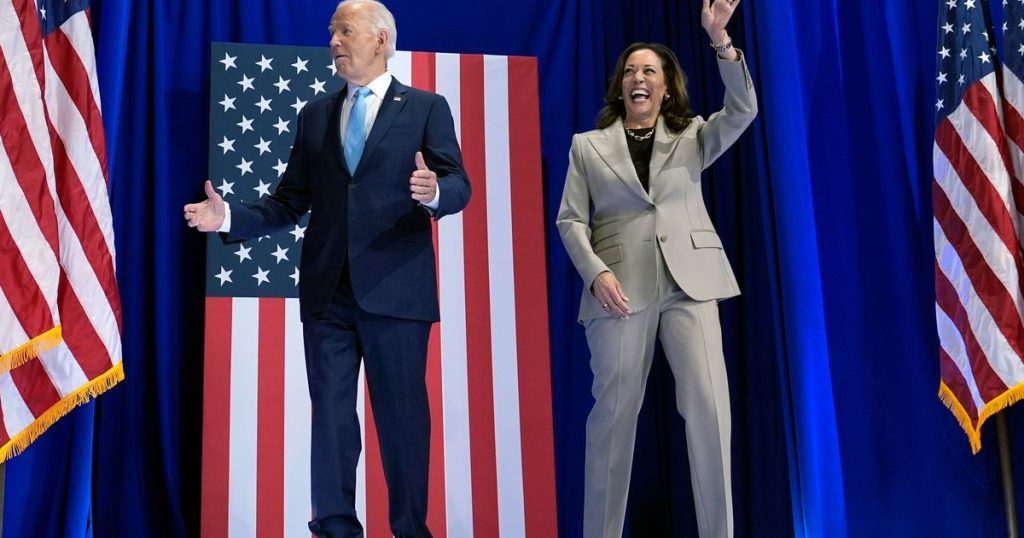Vice President Kamala Harris has proposed measures to address the high cost of living in the United States, announcing a ban on price gouging by food companies, incentives for building new housing, and a significant expansion of the child tax credit. These proposals reflect a focus on the daily price changes that consumers see in grocery stores, which remains a major concern for many voters. Harris aims to build 3 million additional homes, expand the child tax credit, and ban landlords from using algorithms to set rental rates in an effort to make rents and mortgages more affordable.
Harris’s focus on price gouging by food companies is part of a broader Democratic vision for government intervention in the economy, including antitrust enforcement. The Biden administration has been blaming inflation on corporate decision-making rather than federal spending, with Harris continuing this messaging by targeting excessive consolidation in the meat industry as a factor contributing to higher prices. Economists generally attribute inflation to the economic stimulus measures passed in response to the COVID-19 pandemic and pandemic-related supply chain issues, rather than corporate greed.
Critics, including former President Donald Trump, have characterized Harris’ proposals as communist and reminiscent of failed economic policies in authoritarian socialist countries. Trump has attempted to illustrate the impact of inflation by holding up a container of Tic Tacs, alleging that corporate practices like “shrinkflation” are contributing to rising prices. Despite inflation falling in recent months and other positive economic indicators, voter perception of President Biden’s handling of the economy remains low, leading to a focus on addressing consumer concerns surrounding high prices.
In addition to targeting food industry practices and addressing inflation, Harris plans to tackle rising rents by proposing legislation that would ban landlords from using algorithms to set rental rates, remove tax breaks benefiting large corporations in the single-family housing market, and offer a tax credit for first-time home buyers. The goal is to alleviate the housing shortage driving up prices and make rents and mortgages more affordable for Americans. The focus on housing affordability is part of Harris’ broader strategy to address the high cost of living in the United States.
The Biden administration has also highlighted efforts to crack down on corporate practices that create challenges for consumers, such as canceling gym memberships and newspaper subscriptions. The Federal Trade Commission has taken enforcement actions against these practices, as well as suing to prevent company mergers. Harris aims to work in partnership with workers and the private sector to build the housing needed in the country, while also removing barriers hindering new housing construction at the state and local levels. These efforts are intended to make housing more accessible and affordable for Americans struggling with rising costs.
Overall, Harris’s economic proposals aim to address key concerns for American consumers, including high housing costs, rising food prices, and challenges with canceling subscriptions. By proposing measures to tackle these issues, such as banning price gouging, promoting housing construction, and expanding tax credits, Harris is positioning herself and the Democratic Party as advocates for working-class Americans looking for relief from the pressures of the high cost of living. As the economic messaging continues to evolve, these proposals reflect a shift in focus towards addressing everyday challenges faced by voters.


